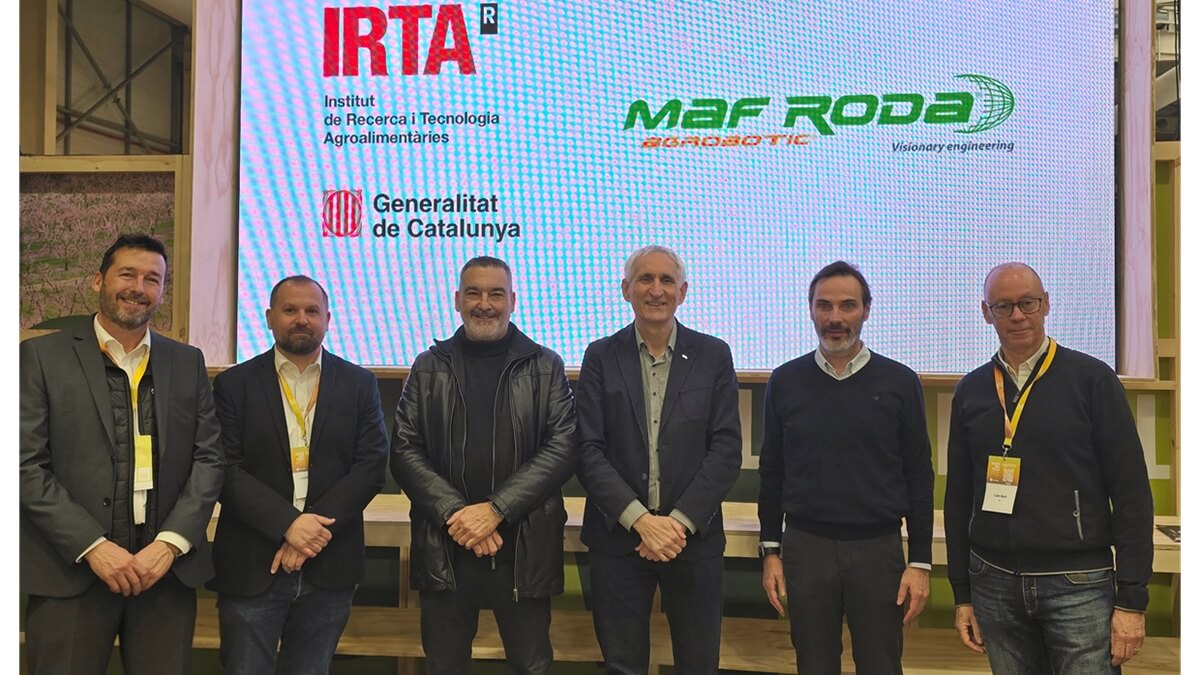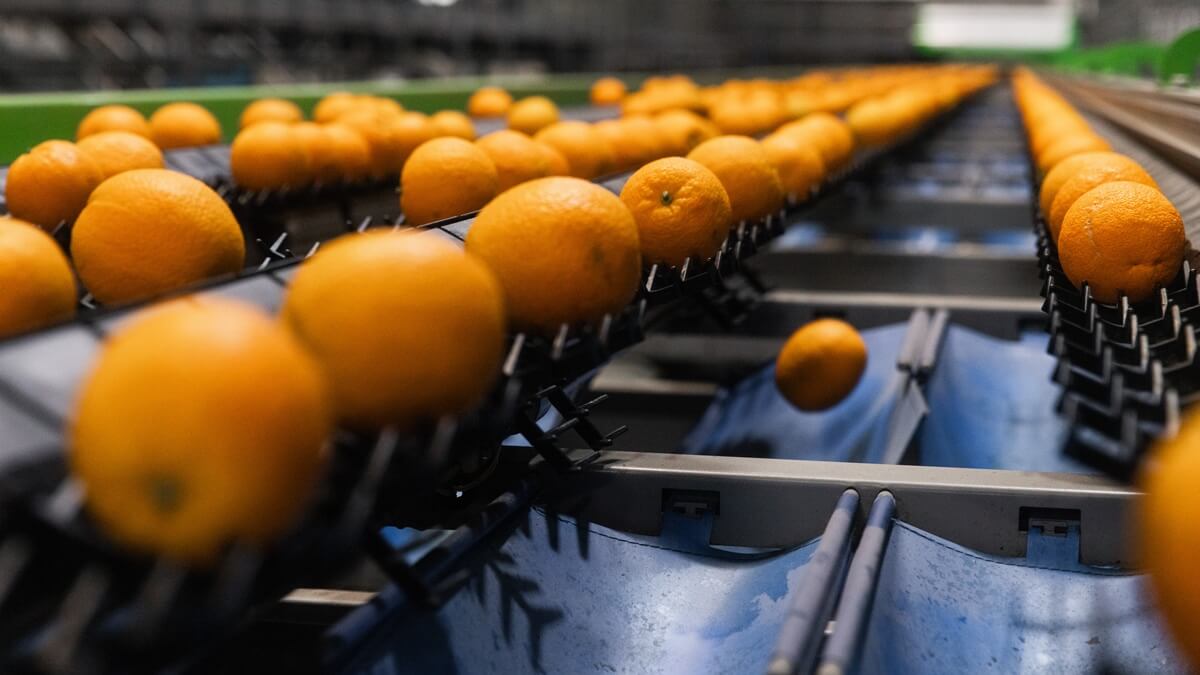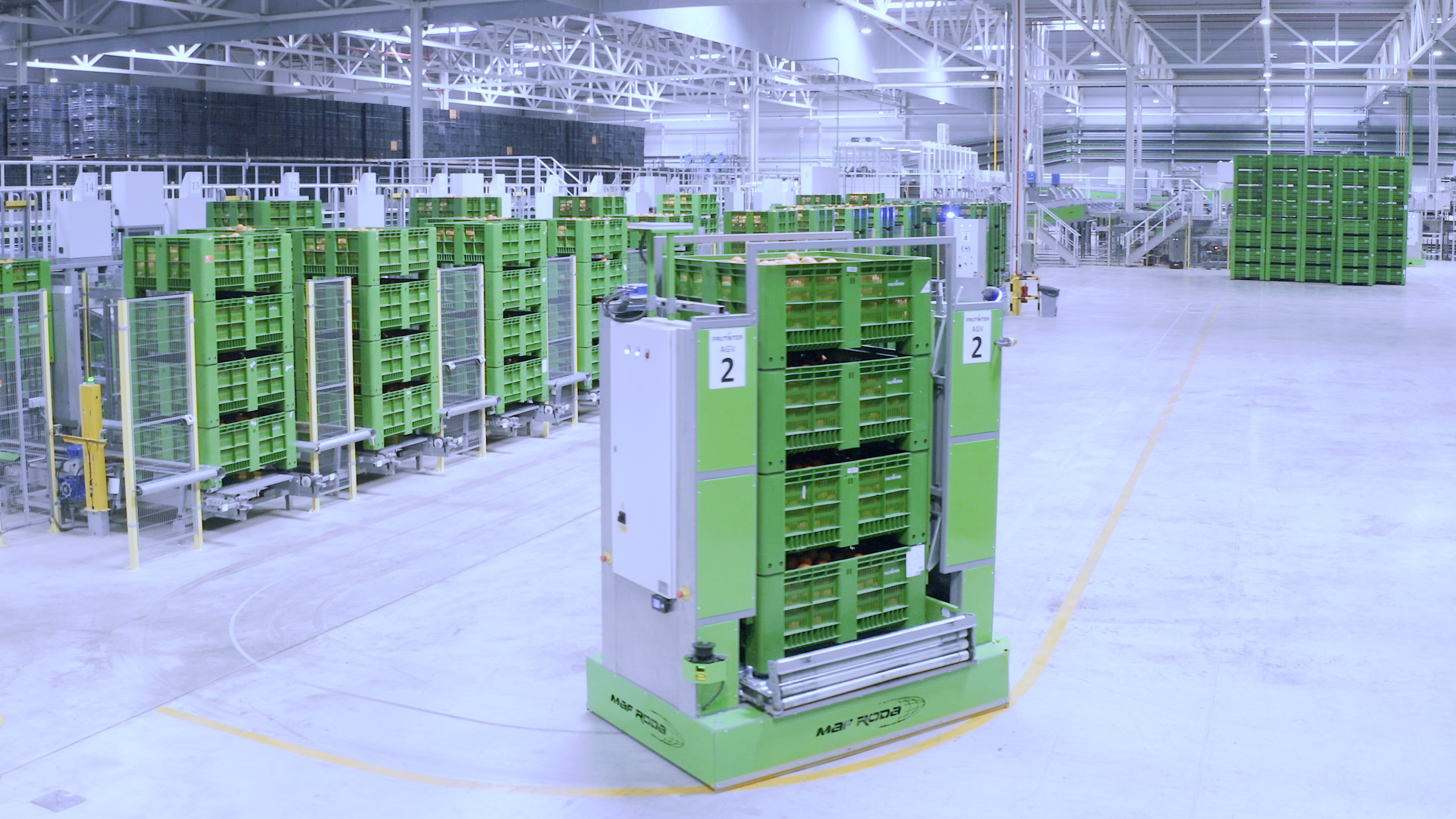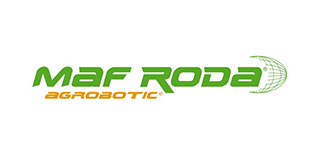

Maf Roda
Conditioning
How MAF RODA helps improve cherry sampling speed
MAF RODA’s grading systems, machine vision and fast sampling technologies enhance efficiency and quality in postharvest cherry processing
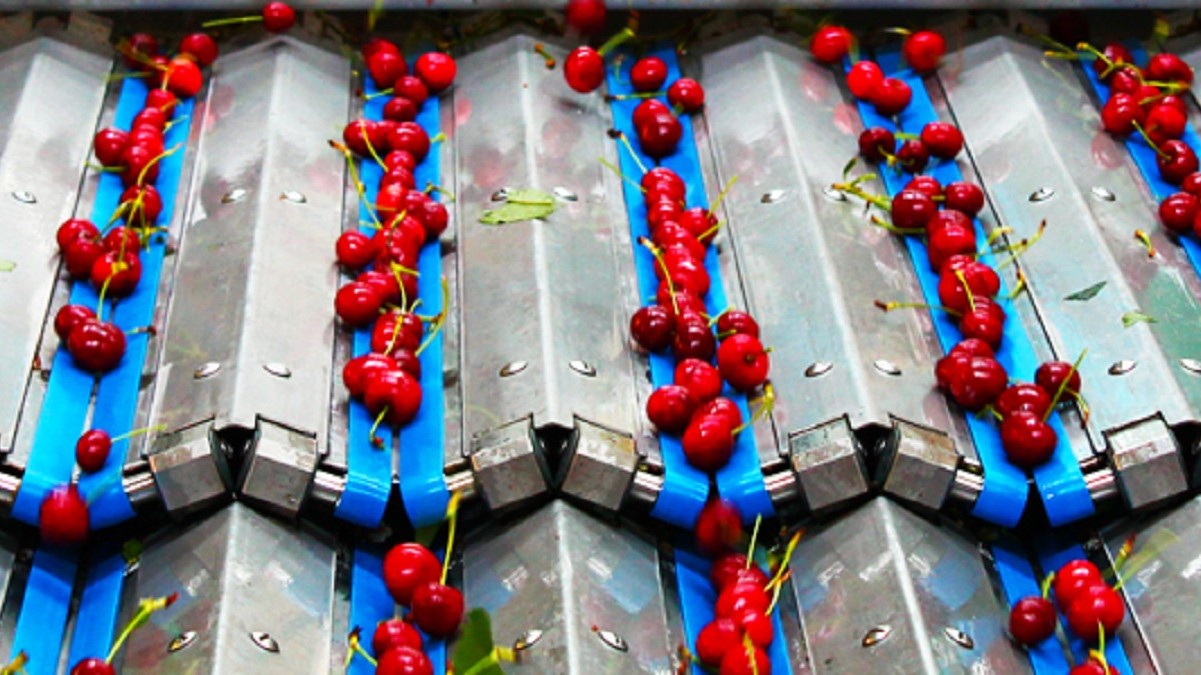
The modernization of cherry packing centers is progressing rapidly, driven by the need for consistent batches and the pressure of export markets. In this context, MAF RODA AGROBOTIC, a company with over a century of experience in fresh fruit grading and packing lines, is strengthening its portfolio with technologies that enhance inspection precision, reduce processing time and optimize operations from reception to palletizing.
Integrated grading and inspection with Cherryway IV and Cherryscan G7
The Cherryway IV grader features a patented four-movement rotation system that exposes 100% of each cherry’s surface to the cameras, including the apical zone and the stem. This complete view allows for accurate sorting by diameter, shape and color intensity, delivering uniform batches and minimizing discrepancies that may lead to claims at destination. Its modular design supports integration into existing packing lines and can be scaled up as packing volume grows.
Following grading, the Cherryscan G7 system operates with the CherryQS artificial intelligence software. Its multispectral vision detects color defects, deformities and microcracks at high speed, while AI algorithms automatically adjust rejection parameters and provide real-time visuals for the operator. The combination of both technologies improves defect detection, speeds up variety and size changes and increases overall line efficiency without major modifications.
Fast batch sampling in under one minute
Innovation also extends to the reception stage. MAF RODA has developed a rapid sampling unit capable of analyzing a representative sample and generating data on size, color and defects in under 60 seconds. With this objective data, growers can negotiate prices with confidence, while packhouses can instantly fine-tune main line parameters, avoiding overgrading or unplanned stops. The result is smoother logistics and more accurate traceability for each batch.
Strategic focus on Chile
As the world’s leading cherry exporter, Chile has become a priority market for MAF RODA. The company has strengthened its local presence through a subsidiary that provides close technical support, continuous training and on-site software updates. This approach enables full adaptation to the specific demands of the Chilean season, which is marked by high volumes and tight shipping windows.
The goal is to boost productivity and competitiveness by integrating machine vision, big data and automation, while lowering operating costs and ensuring maximum fruit quality throughout the cold chain.
Source: Smart Cherry


